Запознайте се със специалното кафе: El Salvador Anaerobic Edith Eleonora Lemus от Ел Салвадор

Мини рубриката “Запознайте се със специалното кафе” стартира миналата седмица с Китай, а сега продължава с още едно от новите ни попълнения, което успява да интригува както с богата история, така и с различен и запомнящ се вкус. Специалното кафе Edith Eleonora Lemus от Ел Салвадор определено заслужава да бъде представено на широката аудитория, точно затова в настоящата блог статия ще ви запознаете отблизо с бижуто на ферма “Finca España”, което можете да откриете на българския пазар, благодарения на Family Coffee Roastery “Martines”.
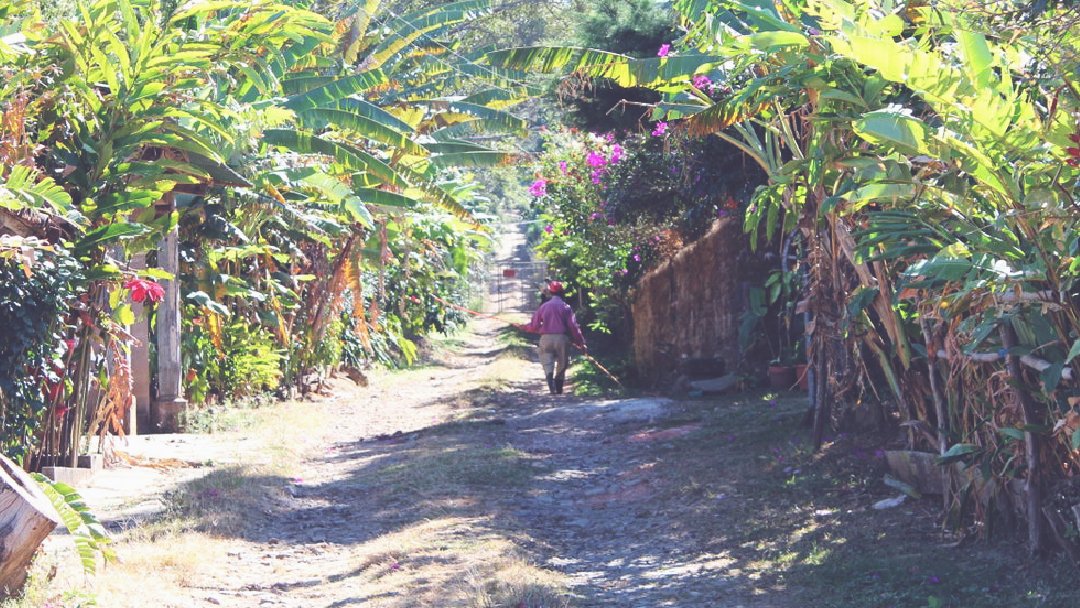
1. Произход и история
Повечето хора като чуят Ел Салвадор си представят една малка държава с не чак толкова развито стопанство и поминък, но всъщност някога е била 4-ят по големина производител на кафе в света и продължава да произвежда висококачествени и разнообразни сортове. Преди кафето обаче растението индиго, използвано за боядисване на плат в емблематично синьо, дълго време било основната експортна култура както за Ел Салвадор, така и за Гватемала. Въпреки това, през 1880-те години, когато се появяват нови, по-евтини, изкуствени багрила, бизнесът за износ на индиго в страната постепенно намалява. Точно тогава именно кафето измества индигото като най-голямата природна култура в страната, която се превръща в основен продукт за търговия. По това време повечето собственици на земи, засадени с кафе, били пряко свързани с политиката, включително самият президент на Ел Салвадор - генерал Томас Регаладо притежавал няколко хиляди декара. Честа практика била да използват тяхното високо положение в държавната йерархия, за да принуждават обикновените селяни да продават земите си и дори да работят за малко пари, а понякога и без възнаграждение в големите имения на високопоставените хора. Държавният елит инвестирал много в инфраструктура, което допринесло за кафе индустрията в Ел Салвадор да процъфти и да се развие. Въпреки това, години по-късно, когато земите били преразпределени на безимотните фермери, по-голямата част от населението успяло да се възползва от вече подобрената инфраструктура.
2. Характеристики на кафето и фермата
Като оставим историята настрана, е време да обърнем внимание и на мястото, от което взимаме нашето специално кафе, а именно ферма “Finca España” Едит Елеонора Лемус, която се намира в град Кесалапия и по-конкретно в планинската верига Серо де Апонека. Кафето е засадено за първи път през 1860 г. от Родриго Ерера като една от основните му цели била да утвърди заедно със съпругата си, чието име носи нашето кафе, Едит Елеонора Лемус фермата като производител на висококачествено specialty coffee. Точно затова и през последните няколко години се забелязва полагането на големи усилия за подобряване начина на производство и отглеждане на реколтата, за да може качеството да бъде наистина на световно ниво и да продължава да има толкова голям интерес. Освен грижите от страна на фермера, няма как да не отбележим факта, че надморската височина от 1350 до 1500 метра е изключително благоприятна, високите температурите през деня и прохладните нощи също допринасят за производство на качествена реколта.
Натуралната обработката на кафето започва с ръчно бране на узрелите зърна като се селектират старателно и след това се поставят в херметически затворени контейнери, където ферментират анаеробно в продължение на 96 часа. В тази безкислородна среда протича различна микробна активност, създавайки уникални вкусове. След ферментацията зърната се поставят на специални повдигнати легла, за да се сушат, под въздействието на естествената слънчева светлина. През определен интервал от време се обръщат, за да се осигури равномерно изсушаване. Този етап от обработката отнема средно 28 дни. Вкусовите нотки, които се откриват в това кафе наподобяват карамел, червено грозде и тропически плодове.
За разлика от други страни, където производството на специално кафе изисква големи допълнителни инвестиции и обучения, Ел Салвадор вече разполага с широка и квалифицирана работна ръка, тъй като производителите непрекъснато се стремят да подобряват реколтата си и това си личи само от първата глътка кафе.
Ако искате да опитате това кафе Арабика, можете да го откриете в нашия онлайн магазин. И както знаете, обещаваме пекарят ни Александер да се погрижи кафето да бъде прясно изпечено специално по ваш вкус и предпочитания. Не се колебайте, защото количествата са ограничени.

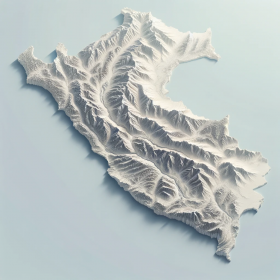
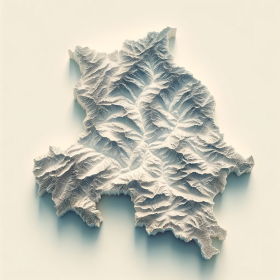

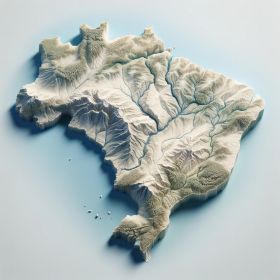
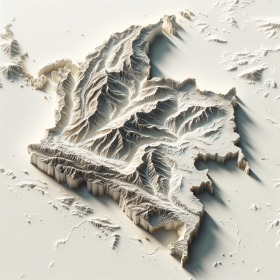
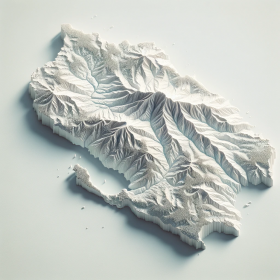


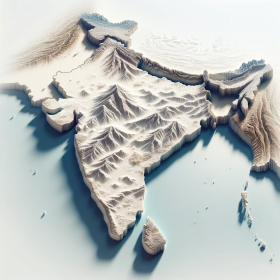

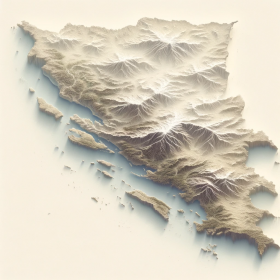

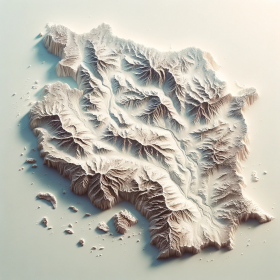
Оставете коментар